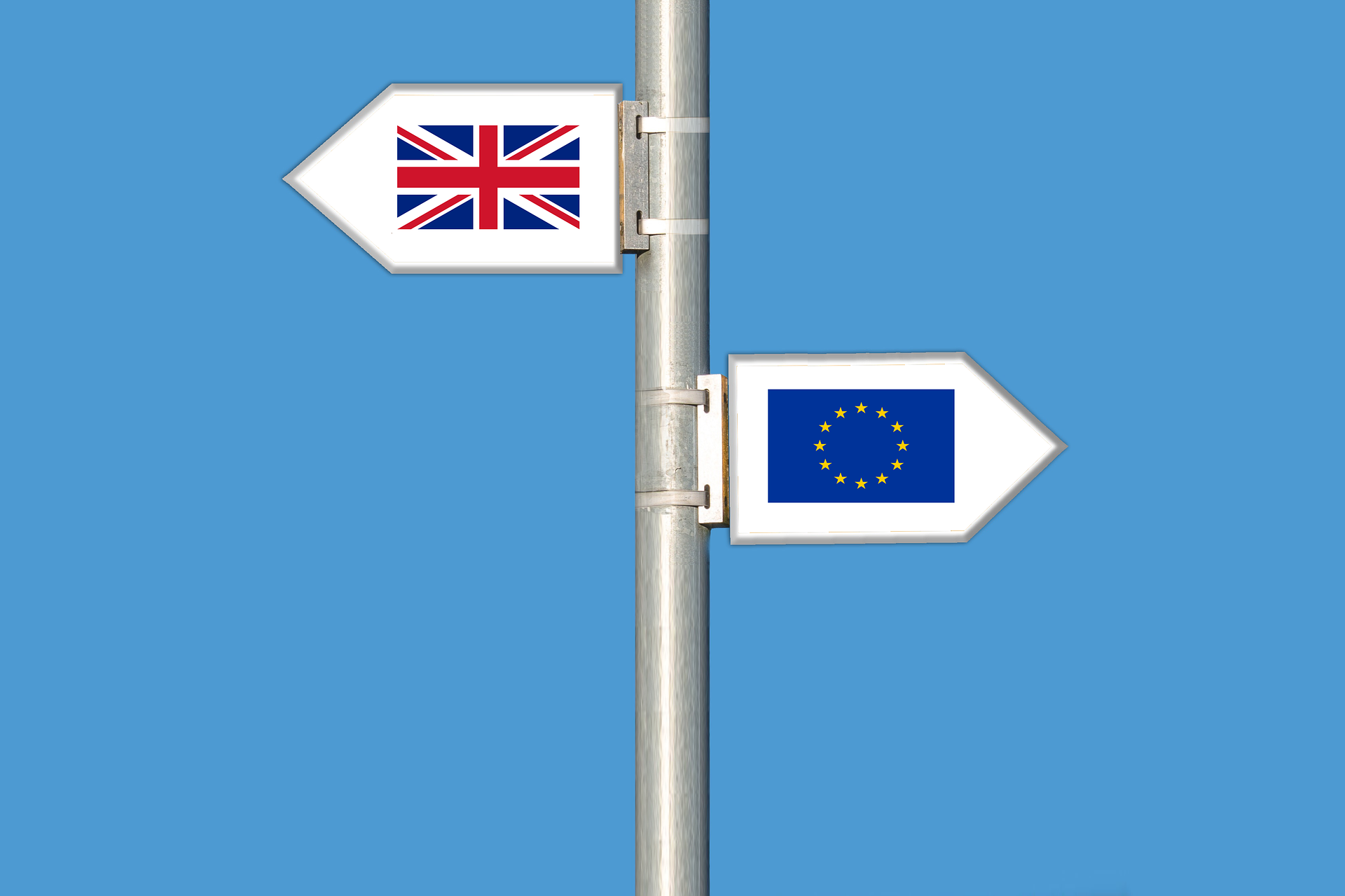
Employment has fallen for the first time in over a year as fears over Brexit start affecting the jobs market.
According to the Office for National Statistics (ONS), the employment rate slipped from a record high of 74.5% to 74.4%. The first drop since February to April 2015.
Some experts suggest that the labour market is only wobbling now because employers were initially unconcerned by the Brexit vote. But now post-Brexit vote worries have kicked in and started to impact recruitment.
Unemployment figures have continued to fall, dropping 16,000 to 1.62 million, while the unemployment rate remains at an 11-year low of 4.8%. But ONS say that despite the employment rate staying high, it is slightly down on recent figures.
Average pay growth picked up more than expected to 2.6% including bonuses, from 2.4%. But the number of people of working age unemployed and not looking for or available to work jumped by 76,000 over the period to 8.9 million.
Uncertainty ahead
Economists are warning that next year will be a tough year for workers in the UK. Unemployment is expected to rise as the economy slows, businesses grapple with higher costs and dipping demand and increasing uncertainty over Brexit.
Inflation data released last week showed the annual rate rose to 1.2% in November from 0.9% in October. It was the highest level in more than two years and a signal that the pound’s drop in value since the Brexit referendum is pushing the cost of living even higher.
It’s expected that inflation will rise sharply next year to around 3%, putting even more of a squeeze on household finances.
The labour market has given a mixed picture over the last three months. Employment levels have remained near enough the same and unemployment has experienced a slight drop. Although wages have risen slightly, so has inflation, hitting incomes.
Boosting productivity across the UK is essential for employers to be able to raise wages sustainably.
Employment blackspot
The West Midlands trails behind other parts of the UK on living standards and employment. The Resolution Foundation, a government thinktank, has linked the region’s growth, pay and income problems to pro-Brexit feeling and the favouring of cities like Manchester and London for investment.
At 64.5%, compared with the average 70.9%, the West Midlands has the lowest employment rate of any other big city. It falls significantly behind the UK average for growth, pay and income.
The region includes Birmingham, Coventry and Wolverhampton with a combined population of 4 million. It had the lowest employment rate of a city region as the UK entered the economic downturn. Employment prospects have only just started to pick up, but at a very slow pace.
The report highlighted how young people, black, Asian or minority ethnic works and low-qualified workers struggle to find work.
The thinktank is now urging the government to do more to help Birmingham and the surrounding area. But with elections for a new mayor next year, there is some hope on the horizon. They will have responsibility for transport, adult skills and planning and oversee a £1.1bn investment fund.








